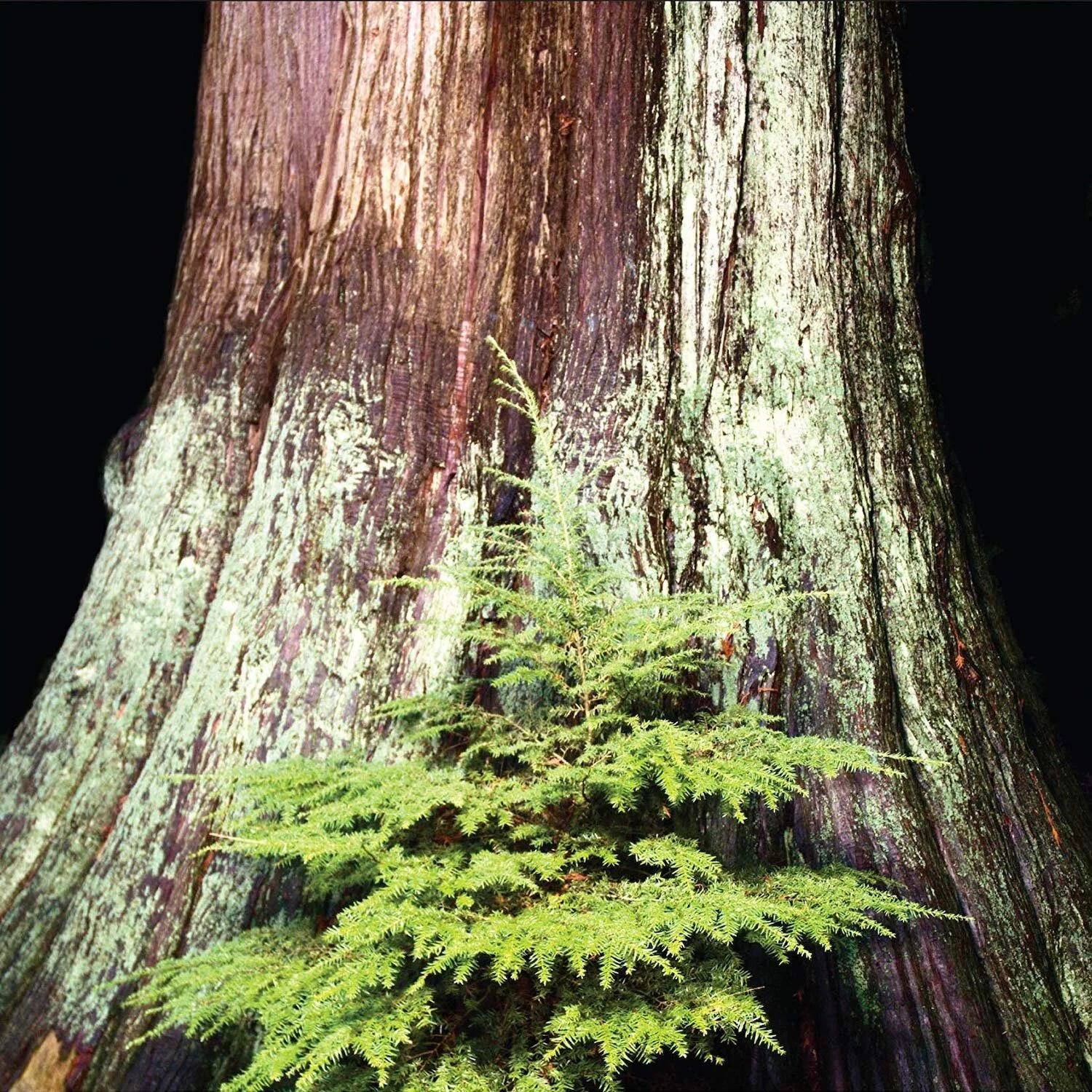Dr. Farhana Sultana is an Associate Professor in the Department of Geography and the Environment at the Maxwell School of Citizenship and Public Affairs of Syracuse University, where she is also the Research Director for Environmental Collaboration and Conflicts at the Program for the Advancement of Research on Conflicts and Collaboration (PARCC).
Dr. Sultana is an internationally recognized interdisciplinary scholar of political ecology, water governance, post‐colonial development, social and environmental justice, climate change, and feminism. Her research and scholar-activism draw from her experiences of having lived and worked on three continents as well as from her backgrounds in the natural sciences, social sciences, and policy experience.
Prior to joining Syracuse, she taught at King’s College London and worked at United Nations Development Programme (UNDP). Author of several dozen publications, her recent books are “The Right to Water: Politics, Governance and Social Struggles” (2012), “Eating, Drinking: Surviving” (2016) and “Water Politics: Governance, Justice, and the Right to Water” (2020). Dr. Sultana graduated Cum Laude from Princeton University (in Geosciences and Environmental Studies) and obtained her Masters and PhD (in Geography) from the University of Minnesota, where she was a John D. and Catherine T. MacArthur Foundation Fellow.
She was awarded the Glenda Laws Award from the American Association of Geographers for “outstanding contributions to geographic research on social issues” in 2019.








